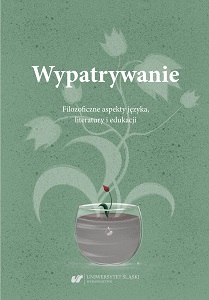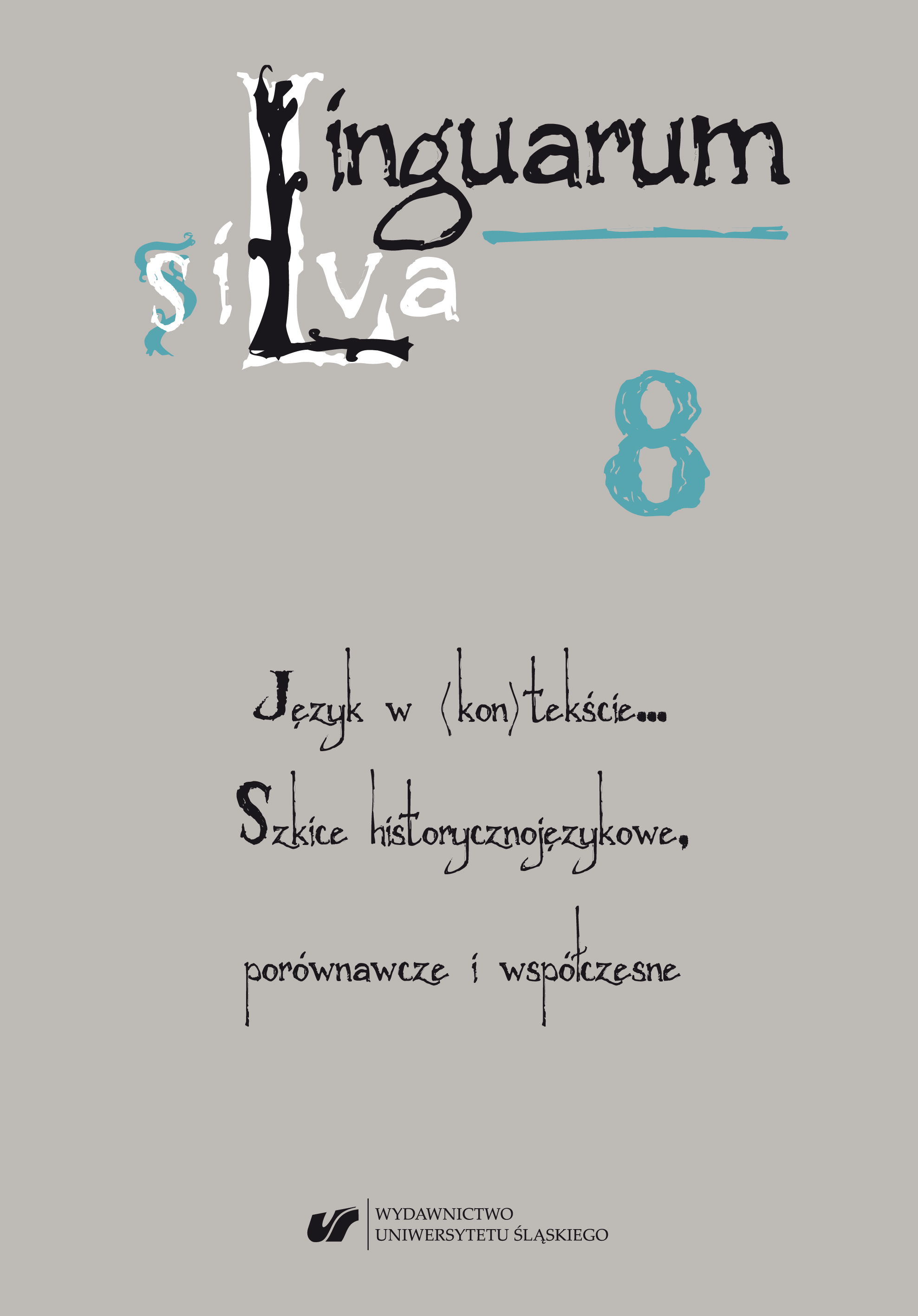Author(s): Michał Banko / Language(s): Polish
Publication Year: 0
The article addresses the subject of Herbert Marcuse’s version the Great refusal in the societal, political, literary, and artistic area. The author first writes about the meaning of the concept for student’s movement of ’68 and its political consequences. In order to show what the Great refusal refers to, in the next step the author writes about the mechanism of creating and functioning the one‑dimensional society. In Marcuse’s analysis of American society, he calls the communities of developed capitalist countries one‑dimensional. It is the community that is merged with mass society in the interest of the ruling class’. False consciousness is created among individuals. It is supported by the production and consumption system, and reproduced by advertising. Within this kind of society the existence of human becomes shallow. The chance of emancipation, which Marcuse understands as the chance of ending the struggle of existence, is lost.In opposition to this type of society, Marcuse presents the concept of multidimensionality. For him the dialectic method is one of the ways to multi‑dimensionality. At this point the author refers to Plato’s Phaedon, and the metaphor of second sailing. The dialectics opens a discourse beyond what is seen by us. It leads our thoughts toward the “infinitive objects of thought,” as the German philosopher calls it. At this point Plato’s dialectic method is shown as an opposition to classical Aristotle’s logic.The next factor that could lead to opening the discourse and making it multidimensional is Eros. In his work Marcuse writes about Eros mostly in the way that Freud did, while the author concentrates on a different aspect. In the concept of Eros described as a part of libidinal drive, Freud cities Aristhophanes’ speech from Symposium. The author makes a reference to Socrates’ speech from this dialogue. Socrates’ concept of Eros is instrumental for dialectical movement toward the realisation of the idea. Eros is a symbol of fertility, both physical and mental, or at least these two coincide. On the other hand, Eros is also a metaphor of the philosopher who does not have any virtues, but struggles to achieve them.Finally, the author writes about the Great refusal in cases of art, literature and philosophy. For Marcuse, the art takes part in the dialectical truth. It opens the discourse and denies the common sense. It is also a mental fertility, the manifestation of Eros. Marcuse points that there is some specific way of creating art that has emancipatory value. It is the art that is confronting widely accepted common sense. At the same time it must be a way of mental activity, demanding its material manifestation in the external world. In this place, the author cited a few lines of Hermann Hesse’s Steppenwolf as the example of this proposal’s realization. Later the author refers to Marx and Engels’s well‑known eleventh of Theses of Feuerbach. It expresses the movement from the speculation to act. Afterwards, the author quotes fragments of Dada manifesto. The Dada manifesto shows how the Great refusal functions in art of the society that brought world into the hell of the First World War. The thesis ends with the fragment of Manifest poetycki written by Jalu Kurek. Manifest poetycki contains thoughts about a role of poetry and poets in the process of creating public consciousness It highlights the major role of critical thinking and also idealistic thinking within society.
More...


